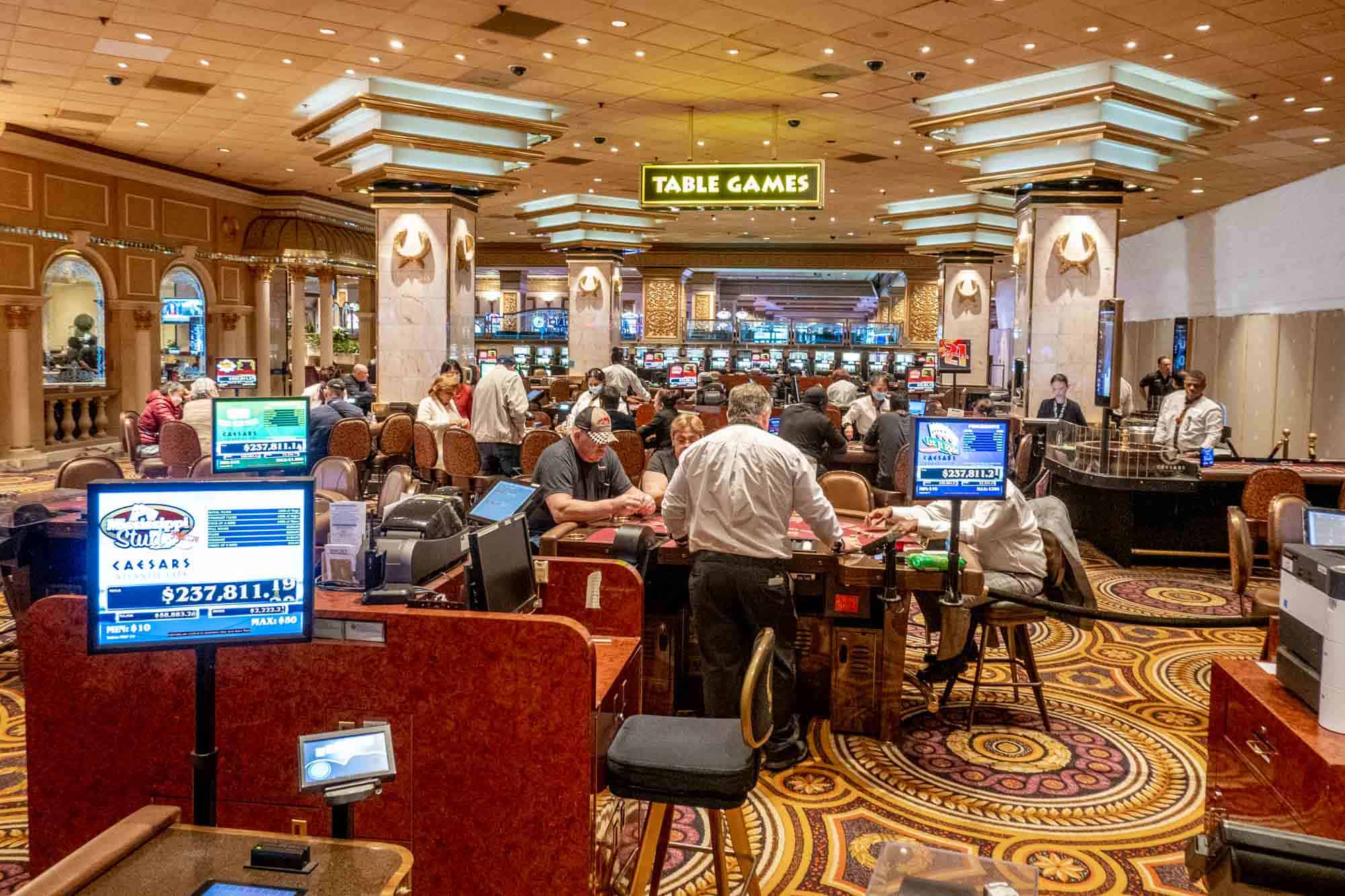Casino games have long enthralled players from all walks of life, drawing them into vibrant casinos filled with the sounds of spinning wheels, clattering chips, and cheering crowds. The thrill of chance and the allure of potential winnings create an exhilarating atmosphere that keeps gamblers returning for more. Whether it is the excitement of a slot machine, the thoughtful play of poker, or the anticipation of a roulette wheel, casino games offer a unique combination of fun and risk that can be hard to ignore.
At the heart of this fascination lies a psychological pull that varies from person to person. For a few, the rush of hitting a jackpot can elevate their mood, while for many, it’s a social experience that brings friends together. The colorful visuals, engaging sounds, and sometimes lavish environments of casinos further enhance the appeal, making each visit an adventure waiting to unfold. As we explore why gamblers are drawn to these games, we uncover the underlying motivations and emotions that fuel their passion for the betting tables.
Understanding Gambling Psychology
The attraction of casino games frequently stems from the intricate psychology of gambling as a whole. Many individuals find appealing the excitement of risking money for the chance of winning more, as it connects with a innate human desire for excitement and reward. This high can create a significant emotional experience. The combination of risk and potential monetary gain can stimulate a dopamine surge, making players feel energized.
Additionally, the design of casino games is crafted to hold players interested. The use of vibrant lights, enticing sounds, and the communal environment of casinos can enhance the excitement. Players typically find themselves submerged in these spaces, where the expectation of a win encourages them to return. This sensory engagement encourages longer gaming sessions, as the immediate feedback from wins, however insignificant, reinforces the desire to keep playing.
Finally, cognitive distortions play a significant role in gambling behavior. Many players fall prey to the belief in control, believing they have power over outcomes even in games of chance. This attitude can lead to overconfidence and the continuation of play, despite rising losses. Additionally, gamblers typically remember their wins more clearly than their losses, which can distort their understanding and intensify the desire to continue gambling. This intricate interplay between emotions and cognitive factors helps illustrate why so many are attracted to casino games.
The Appeal of Casino Settings
The atmosphere of a casino is exceptionally enthralling, pulling in players with its blend of excitement and anticipation. The sights and noises of twirling slots, cheering players, and the repetitive clatter of chips create an absorbing experience that is hard to resist. The lively illuminations and dynamic layout foster a atmosphere of energy that keeps gamblers involved and motivates them to remain longer. This contagious setting contributes to the overall allure of gaming experiences, enticing both inexperienced and experienced gamblers alike.

Moreover, casinos are crafted to arouse the five senses in a way that makes players feel as though they are starting on a thrilling journey. The thoughtful arrangement of gaming options, cozy seating, and free drinks enhance the overall experience, making players feel cherished and treated well. Many gaming centers also feature decorative designs and lavish designs that transport visitors to diverse realms, amplifying the thrill. Such environments foster a sense of liberation, allowing gamblers to ignore their normal lives and dive into the thrilling world of risk.
Finally, the aspect of other participants amplifies the interpersonal element of gambling, creating a joint rush. Connections among players, either through light-hearted conversation or mutual happiness during a significant victory, cultivate a sense of togetherness that many find tempting. This interpersonal engagement enhances the journey of participating in gambling experiences, transforming it from a individual pursuit into a collective experience. The blend of excitement, immersive environments, and social ties makes gambling establishments an compelling spot for gamblers seeking entertainment and a chance to win.
Grasping Gambling Dynamics
Gaming experiences are crafted with specific mechanics that captivate players. All games has its own set of rules, stake frameworks, and probability ratios, allowing players to engage with the game on multiple levels. Giới thiệu bongdalufuni.com The thrill of placing a bet and the anticipation of the outcome creates an exciting atmosphere. Grasping these mechanics can intensify a player’s appreciation for the game and elevate their overall experience.
Another crucial aspect of game mechanics is the idea of randomness. Many casino games, especially slot machines and table games, rely on random number generators or shuffling to determine outcomes. This randomness is what keeps players revisiting; the unpredictable nature of the game creates a feeling of hope and excitement. Knowing that each round or hand is independent of the last contributes to the appeal, as players perceive they have a chance at winning, regardless of past outcomes.
In conclusion, the emotional response related to game mechanics should not be underestimated. The excitement of a big win or the tension during decisive moments are fundamental to the enjoyment of casino games. These emotional highs and lows exploit psychological triggers that keep players engaged for prolonged periods. Understanding these emotional responses to game mechanics can help explain why so many are drawn to the thrill of casino games, persistently seeking that next exhilarating moment.